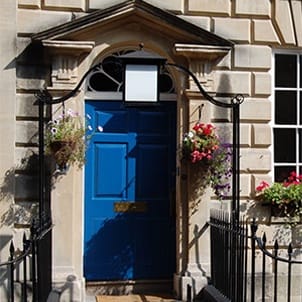Gambling addiction, also known as compulsive gambling, is an impulse-control disorder that manifests as an uncontrollable urge to gamble, regardless of the negative impact on one’s personal and professional life. Unlike substance addictions, gambling addiction lacks visible symptoms, making it challenging to recognise in oneself or others. Even if their loved ones speak out, those addicted to gambling often brush off any claims of addiction as an exaggeration, and that they’re “simply having some harmless fun.”
Gambling addiction is insidious. It can devastate relationships, financial stability, and mental health while at the same time rewarding the gambler with just enough small victories here and there to keep them hooked. Symptoms include relentless thoughts about gambling, escalating wager amounts, and continued gambling despite severe consequences.
Gladstones Clinic’s gambling addiction treatment truly stands out from the crowd. Our approach recognises the complex nature of this disorder, focusing on underlying triggers such as stress, depression, and anxiety. Our tailored treatment programmes are designed for individuals ready to confront their addiction, offering comprehensive care that addresses both the behaviour and its emotional underpinnings. With a dedicated team and a recovery-focused environment, Gladstones Clinic is a strong ally in overcoming gambling addiction.
Take the first step towards reclaiming your life from gambling addiction today by contacting us for a confidential consultation and personalised recovery plan.









